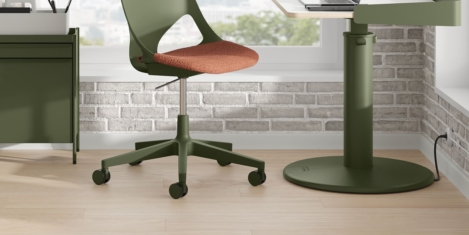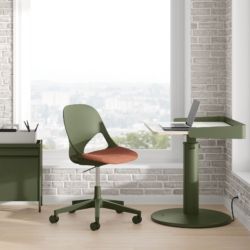February 20, 2024
One in five neurodivergent employees say they have experienced harassment or discrimination at work
 One in five neurodivergent employees have experienced harassment or discrimination at work because of their neurodivergence, according to new research from the CIPD, working with corporate neuroinclusion training specialists Uptimize. Neurodiversity refers to natural differences in human brain function and behavioural traits. It’s estimated that as many as 20 percent of people may be neurodivergent in some way, an umbrella term that can include those with autism, dyslexia, or ADHD. However, despite this potential figure, support and awareness of neurodiversity is lacking in many UK workplaces. (more…)
One in five neurodivergent employees have experienced harassment or discrimination at work because of their neurodivergence, according to new research from the CIPD, working with corporate neuroinclusion training specialists Uptimize. Neurodiversity refers to natural differences in human brain function and behavioural traits. It’s estimated that as many as 20 percent of people may be neurodivergent in some way, an umbrella term that can include those with autism, dyslexia, or ADHD. However, despite this potential figure, support and awareness of neurodiversity is lacking in many UK workplaces. (more…)
































February 16, 2024
Why changing with the seasons is key to the all-weather workplace
by Russell Glover • Comment, Wellbeing, Workplace design